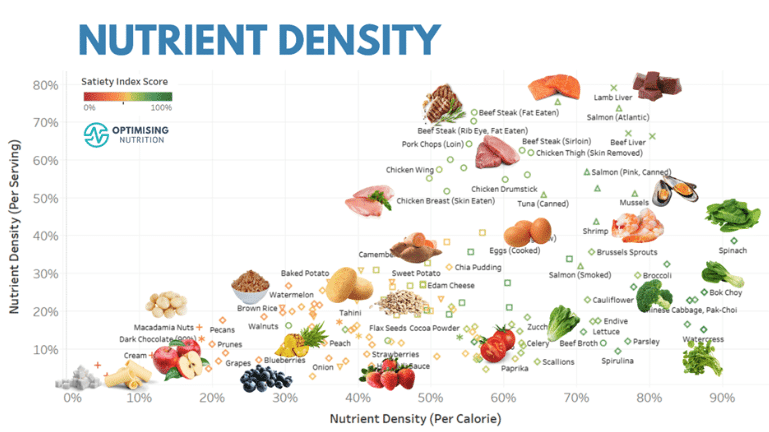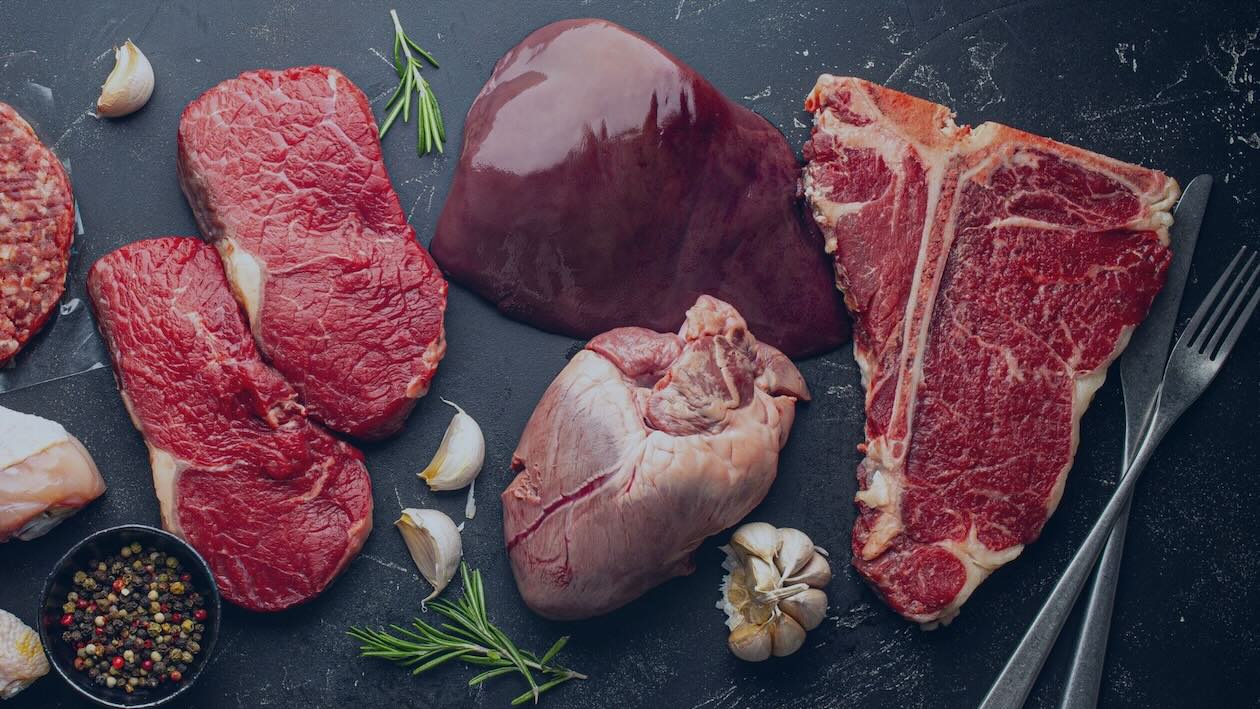In a world obsessed with multivitamins, protein powders, and powdered greens, the most nutrient-dense foods in nature have been forgotten—or worse, relegated to dog food.
We’re talking about organ meats.
Once considered essential for survival by our ancestors, organ meats like liver, heart, kidneys, and even blood were prized above all other parts of the animal. In fact, early humans often consumed the organs first, leaving muscle meats for later. Fast forward to today, and many people cringe at the thought. But here’s the twist: organ meats are making a big comeback—and for good reason.
From Survival Food to Superfood
Historically, organ meats were essential for human survival. Archaeological findings confirm that after a successful hunt, early humans would prioritize the organs—especially the liver, heart, and brain—as these parts spoil fastest and deliver the most vital nutrients (Svoboda, 2010).
Across the globe, cultures have long celebrated the nourishment found in blood and organs:
- Swedes enjoy blood pudding
- Chinese cook duck blood soup
- Maasai mix cow’s blood with milk
- Filipinos prepare dinuguan, a rich pork blood stew
Despite this history, organ meats fell out of favor in the 20th century with the rise of factory farming and industrialized food systems. They became pet food ingredients and byproducts. Yet today, the nose-to-tail movement—led by ethical chefs and ancestral health advocates—is reviving this sacred tradition (Pollan, 2013).
And it’s a movement we should all support (minus the inflated prices on restaurant bone marrow appetizers).

Health Hack: Eat Organ Meats Daily—Ditch the Supplements
If you’re someone who:
- Is tired of popping pills
- Struggles with low energy or nutrient deficiencies
- Is on a budget but wants premium nutrition
… then organ meats are your new best friend.
These foods are the most concentrated source of bioavailable nutrients on the planet. Think: vitamins A, D, E, K2, B12, iron, copper, zinc, and more. Try getting that from kale or broccoli without eating pounds of roughage and dealing with digestive blowback.
As seen in the image shared in our newsletter, nutrient density per serving is what truly matters—not just calories. Organ meats are unrivaled.
How to Add Organ Meats to Your Diet (Without Gagging)
Let’s be honest—most people aren’t excited by the thought of eating liver or heart. But modern food options and creative prep make it easier than ever to incorporate organ meats without compromising taste.
1. Use Ancestral Blends
This is the easiest and most practical method. These are pre-ground meat blends that include a mix of organ meats with muscle meat—often beef. You cook them just like regular ground beef: tacos, burgers, pasta sauces, and meatballs.
Popular options:
- Force of Nature (available at Whole Foods)
- US Wellness Meats (Online source)
- Your local butcher (often more affordable)
Pro tip: Try a chorizo blend—it tastes like taco meat and masks the flavor of organ meat beautifully.
2. Find Recipes You Love
Organ meats are incredibly versatile. Once you find a recipe that works for you (or your kids), you’ll be hooked.
Some tried-and-true options:
- Liver pâté on seed crackers
- Cubed heart in beef stew
- Blood sausage for a bold, unique flavor
- Raw liver snack with lemon juice, sea salt, and hot sauce (only with trusted sources)
For culinary guidance, start with:
- Nourishing Traditions by Sally Fallon
- Deep Nutrition by Dr. Catherine Shanahan
- Weston A. Price Foundation for recipes and nutritional background
3. Opt for Supplements (If You Must)
Still can’t stomach the taste? No judgment. The next best option is a high-quality organ meat supplement.
Look for:
- Grass-fed, grass-finished organ capsules
- Brands that focus on purity and traditional preparation
- Avoid synthetic vitamin blends—stick to whole food sources
While supplements don’t deliver the exact same enzymatic or culinary experience, they’re far superior to skipping organ nutrition entirely.
Organ Meats and Energy: A Client Transformation
One of my clients had been struggling with low energy for months. His diet? High in protein but limited to muscle meats like steaks and ground beef. I explained that this created an imbalanced amino acid profile and robbed his body of essential micronutrients—especially B vitamins.
After introducing organ meats, he came back weeks later and said, “This is the best I’ve felt in my entire life.” Nothing else had changed.
Organ meats work.
Why Organ Meats Matter for Modern Health
Here’s why every person should consider incorporating these foods:
- Energy production: Liver is loaded with B12 and iron.
- Hormonal balance: Heart provides CoQ10 and bioavailable zinc.
- Detox support: Kidney contains selenium and supports the body’s natural filtration systems.
- Immune resilience: Nutrients like vitamin A and K2 strengthen defenses.
- Brain health: Liver and brain meats deliver essential fats and neuroprotective compounds.
Forget processed protein bars and synthetic vitamins—nature already provided the perfect supplement.
Final Thoughts: Eat Like Your Ancestors, Live Without Deficiencies
Organ meats aren’t just for paleo purists or biohackers. They’re a practical, affordable, and ancestral way to fuel your body the way it was designed.
Whether you blend, cook, or capsule them, there’s no substitute for the nutrient punch that liver, heart, and other organ meats deliver.
Eat organ meats. Live to 110. It really is that simple.e right tools, mindset, and rhythm? That’s where the magic happens.

Leave a Reply
You must be logged in to post a comment.